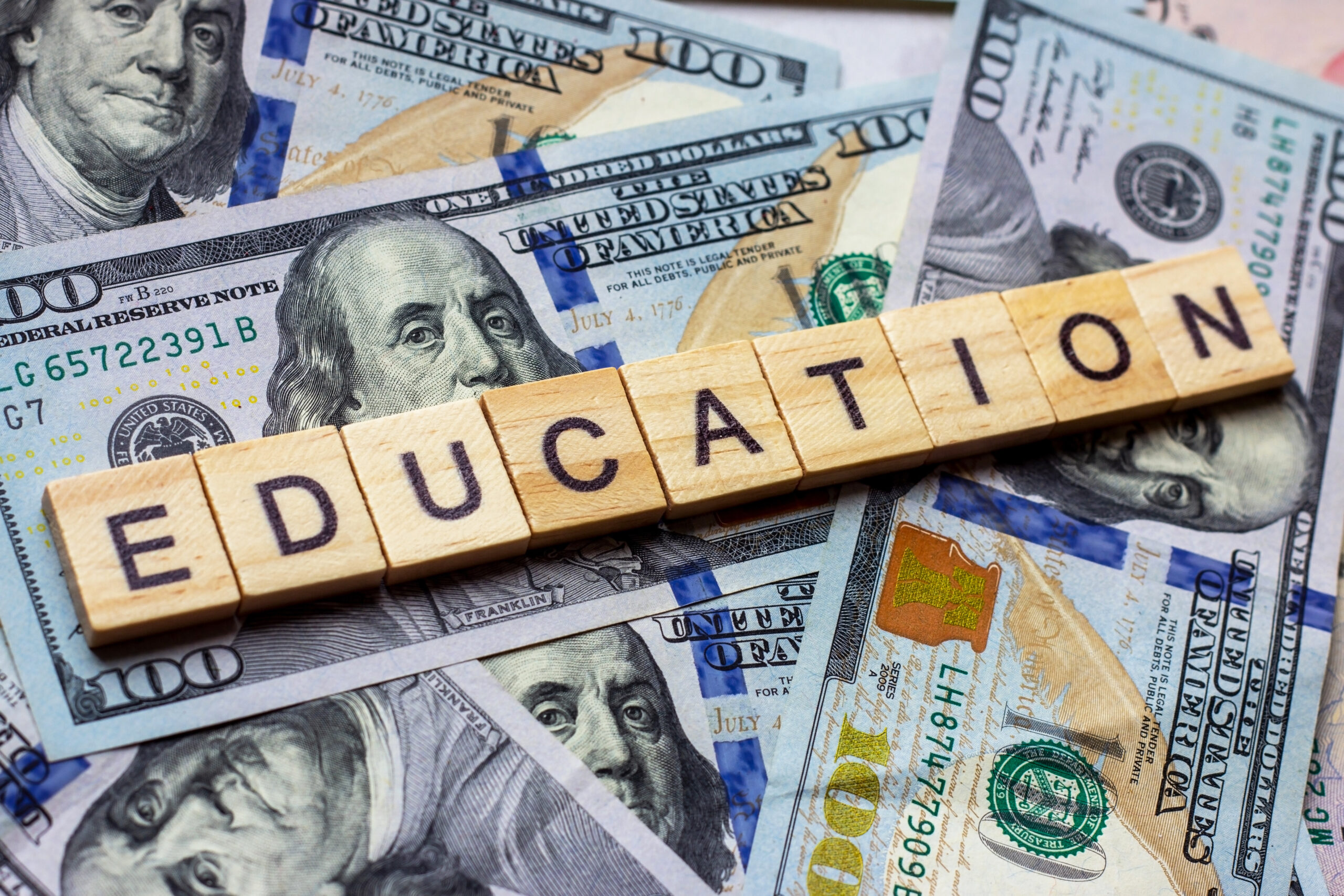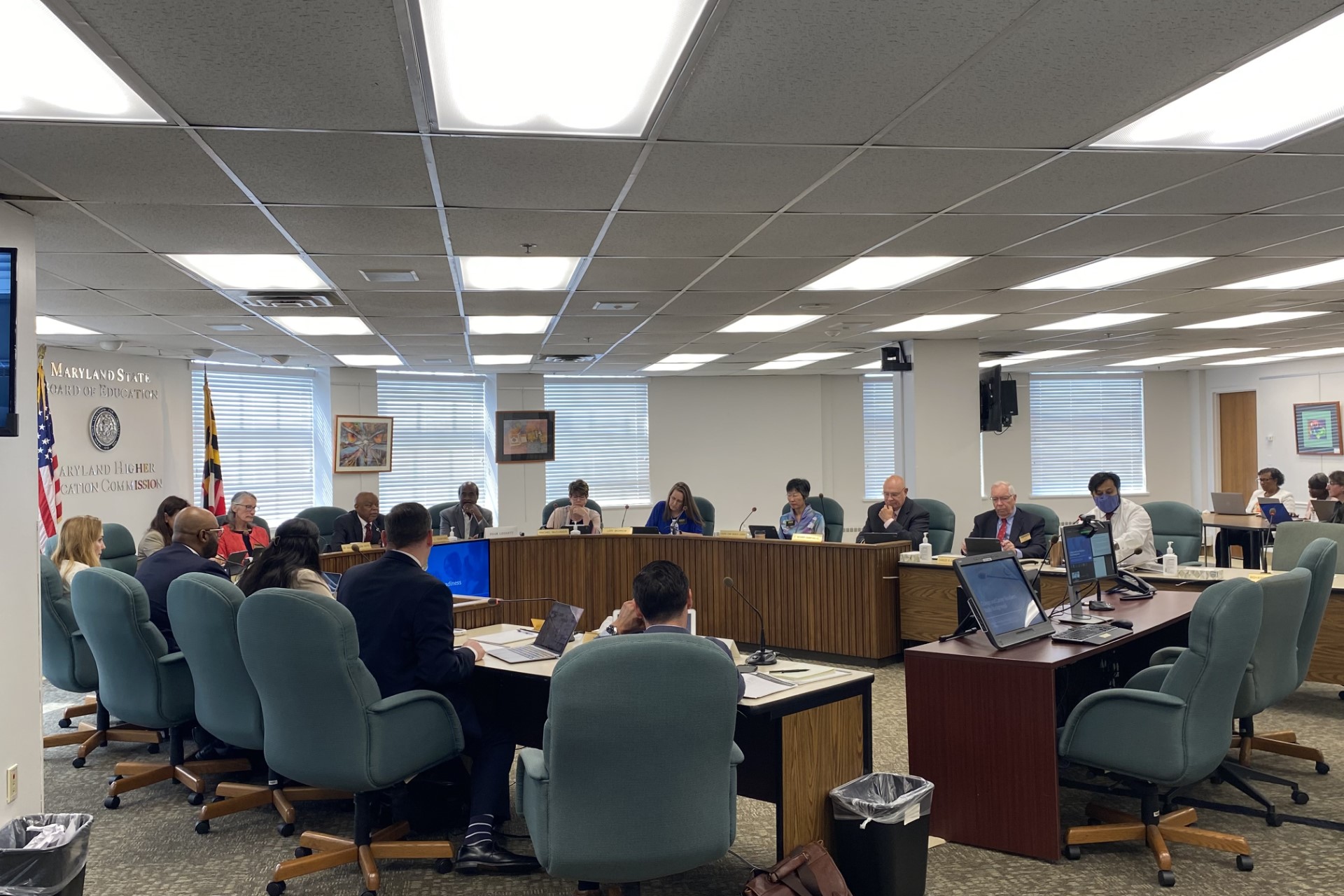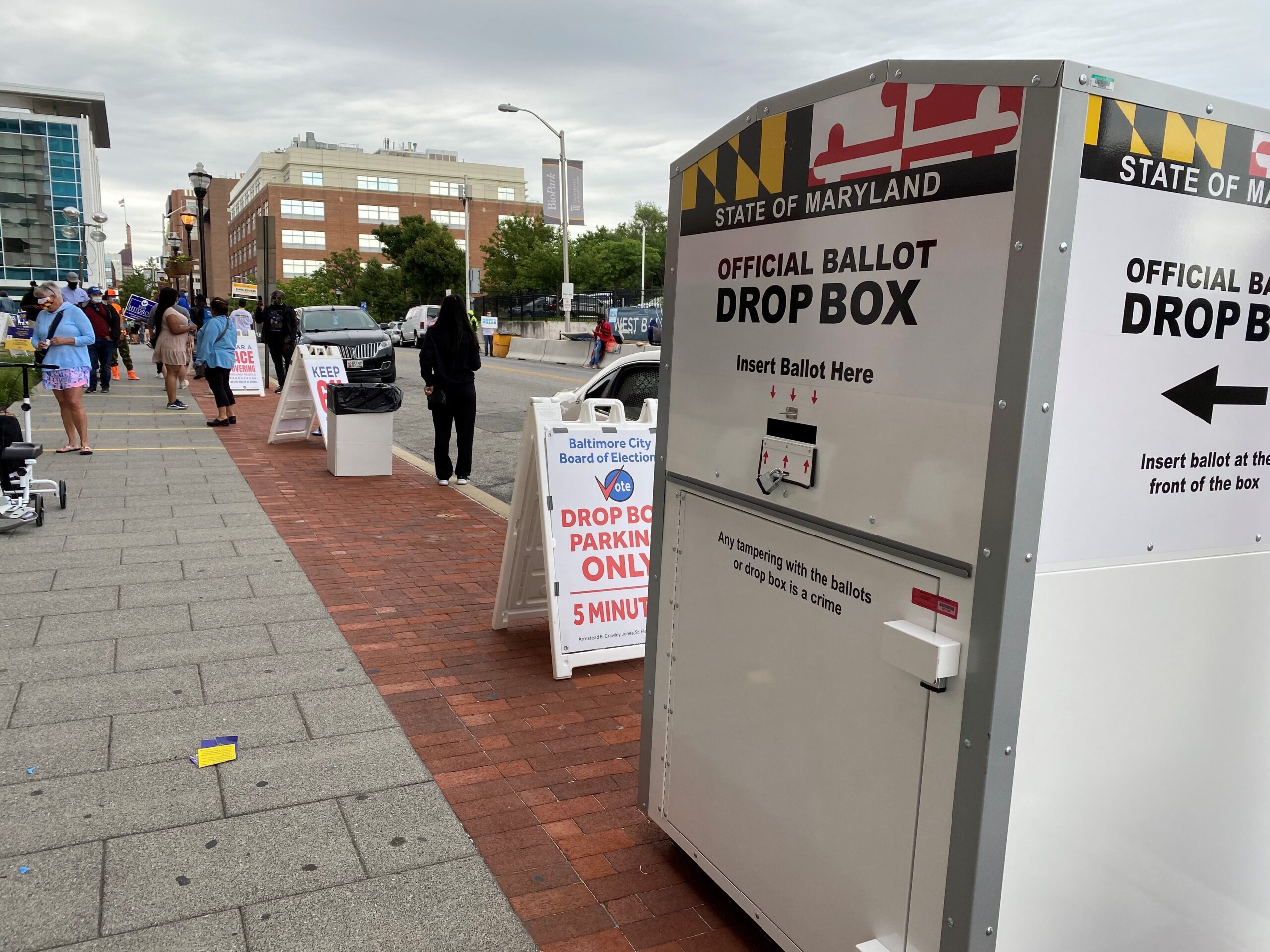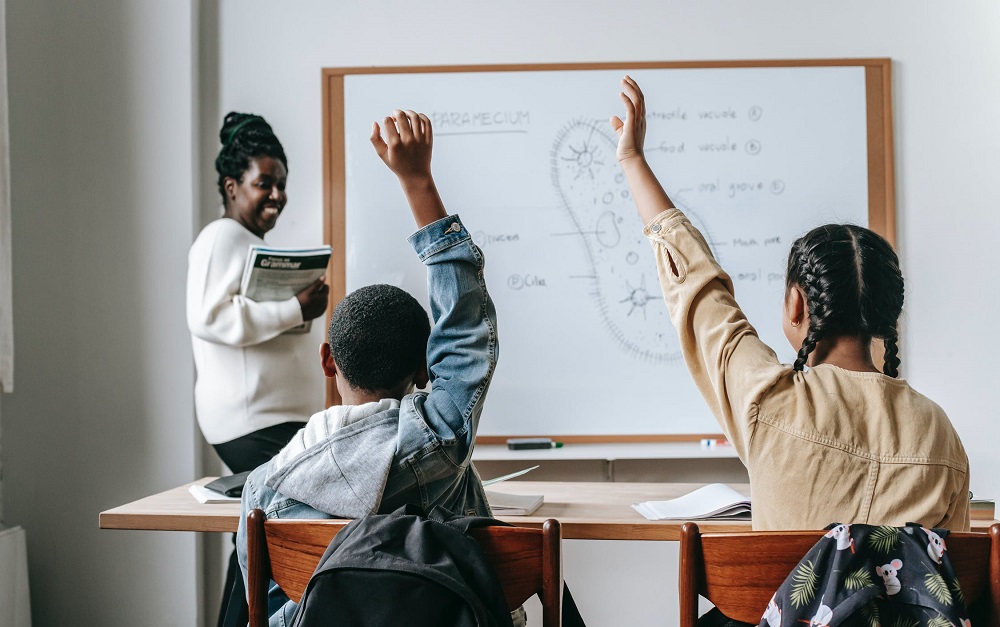School board candidates across Md. cite learning deficits, student performance as biggest issues

By Katharine Wilson and Hannah Kennedy
Steve Whisler and Jenni Pompi stand on opposite sides of the cultural divide roiling school board races in Maryland and nationwide. Whisler objects to what he called the “1619 Project curriculum” that focuses on the role of racism in America’s founding, while Pompi praises schools that teach students about “the disenfranchisement and marginalization of Black, brown and indigenous people.”
But Whisler and Pompi agree on one thing: The most important issue facing Maryland’s schools isn’t their approach to race or the kinds of books students can check out of school libraries.
“The most pressing issue in our county relates to learning loss,” Whisler, a Carroll County Board of Education candidate, said.
“The most important issue facing our school board (is) student recovery from the pandemic learning gap,” said Pompi, who is running for the school board in Prince George’s County’s District 2.
They are among some 102 Maryland school board candidates who responded to a Capital News Service survey on education issues — and 16 named learning deficits from the COVID-19 pandemic as the key issue facing schools in their district. Another 16 cited other academic performance issues as most important.
Meanwhile, only 11 cited social issues, such as critical race theory and books about sexuality in school libraries, as the most important issues facing their schools.
That may come as a surprise after tensions about critical race theory and library books erupted at school board meetings in many states last year. But the concerns about pandemic-related learning deficits, and academic performance in general, come as no surprise to Susan Getty, vice president of the Maryland State Board of Education.
“I think it’s a big issue for the candidates because it literally affected every child,” Getty said in an interview.
A statewide concern
The candidates’ concerns about learning delays span the state as well as the political spectrum. Candidates in 10 Maryland counties, from Allegany County in Western Maryland to Wicomico County on the Eastern Shore, named learning deficits as the top issue in the CNS survey.
“The most important issue facing the school board is addressing the impact of school closures and remote learning on students’ education and proficiency rates in math and reading,” said Esther L. Wells, who is running for the school board in Montgomery County’s District 1.
The focus on learning deficits comes at a turning point for public education in Maryland and across the country.
The debates about the teaching of the nation’s racial history, along with parental concerns about books about sexual identity, have energized school board races in Maryland as well as nationwide. The CNS survey responses, along with a review of the websites of candidates who did not respond to the survey, show that social conservatives are running for board seats in at least 13 of Maryland’s 23 counties.
Given the newfound intensity surrounding school board races, the new Local News Network at the University of Maryland’s Philip Merrill College of Journalism sent questionnaires to all 155 state school board candidates running in the Nov. 8 election for this Capital News Service project.
Candidates were asked open-ended questions about the top education issue, the teaching of history, the removal of books from school libraries, school safety and other key matters. The candidates’ answers are detailed in a voter guide.
Learning deficits and overall student performance emerged as the top issues in the survey even though it’s difficult to know exactly how far behind students fell. Because of the pandemic, the State Department of Education did not release its county-by-county school report cards — its most comprehensive look at how students are learning — in 2020 or 2021.
“Data on student achievement during those two years is not available to the public, and one can only guess how far our students have fallen behind,” said Donna Nizolek, who is running for the school board in Talbot County’s District 3.
The Department of Education said it plans to release test score results for the 2021-2022 school year in January. But Getty, of the State Board of Education, said a few measurements show that Maryland is following the national trend of learning delays due to the pandemic.
Among them is the 2021 Kindergarten Readiness Assessment, which showcased that there are more students than before the pandemic who need targeted extra support to be ready for school, Getty said. Fifth and eighth grade students also lacked proficiency in science, according to testing this year.
Nationwide, NWEA, a nonprofit school testing organization, reported that students in the 2021-2022 school year graded 5 to 10 percentile points lower in math than they would in a typical year, while grading 2 to 4 points lower in reading.
Getty said the state is trying to address the learning loss issue by targeting students who need help the most. She said the state has received funding from the federal government for COVID-19 recovery, which is being spent on increased mental health services as well as tutoring and summer programs aimed at bridging the achievement gap.
“We’re not trying to go back and recapture what we used to do,” Getty said. “We’re trying to move forward and do a better job at educating the underserved students.”
What the candidates say
Many school board candidates stressed, though, that pandemic-related learning loss is only part of a problem that emerged long ago.
“The most important issue we face is the failing education system in place,” said John Abbott, a social conservative running for the Board of Education in Worcester County on the Eastern Shore. “High percentages of students in Worcester County are not proficient in math and reading.”
Abbott also expressed concerns about sexually explicit books in school libraries. But even candidates who are not making social issues central to their campaigns, such as Robin Harvey, shared Abbott’s worries about what kids are learning — or not learning.
“Student performance is the most important issue facing public education,” said Harvey, who is running in Baltimore County’s District 1.
Candidates offered a wide variety of suggestions as to how schools in the state can help students perform better.
“Strategies to improve performance and close the performance gap include ensuring that schools have qualified/certified teachers, supporting thriving and active parent participation programs, using data to direct resources, supporting all students in their learning, and applying consistent standards across all schools for construction and renovation,” Harvey said.
Karin Miller, a candidate running in Wicomico County’s District 2, said the way to solve this issue is by attracting and retaining quality teachers while also striving to improve the classroom atmosphere.
“Creating a safe environment where students are able to learn without distraction improves learning outcomes for all,” she said.
Miller was one of several board candidates who raised concerns about student discipline and its impact on academic performance.
Mike Lukas, who is running for reelection to the Charles County Board of Education, said: “I have obligated funding for counselors and psychologists to help students deal with the effects of not interacting with students for over a year, which manifests itself in disciplinary issues.”
Lukas also said special efforts need to be made to get students back to grade level in reading and math.
Meanwhile in Howard County, candidate Dan Newberger said he wants the district to “develop and implement comprehensive, tailored, data-driven pandemic recovery plans for every school.”
And Russ Johnson, who is running in Cecil County’s District 5, said students have fallen behind and the district must refocus its efforts on a rigorous and high-standard program of instruction. Johnson said that this would require school employees to spend time in the classroom and tutoring students who need the most help.
“An all-hands-on-deck approach will be necessary,” Johnson said.




 Creative Commons Attribution
Creative Commons Attribution